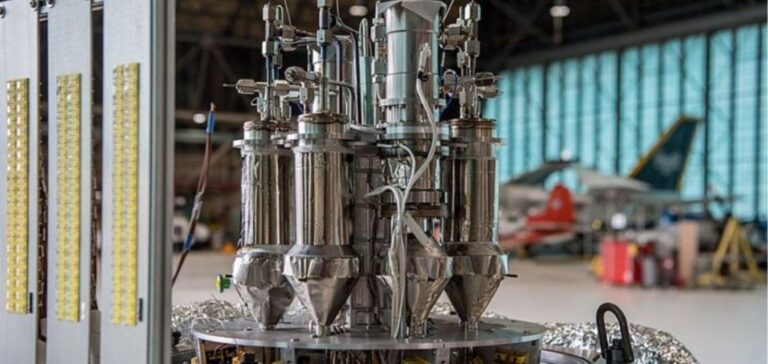Norway is gearing up for a significant leap in energy production with the announcement of a project to establish SMRs, aiming for an 8% increase in electricity production. Notification of the project involves several key entities such as the Directorate for Radiation Protection and Nuclear Safety (DSA), the Norwegian Armed Forces, the Norwegian Water and Energy Directorate (NVE), network operator Statnett and the Environment Agency.
Details of the proposed project
The project proposed by Norsk Kjernekraft envisages the construction of a power plant based on several SMRs, located in a common industrial zone on the borders of the municipalities of Aure and Heim. If fully implemented, the plant is expected to generate around 12.5 TWh of electricity annually, which would represent a substantial increase in the country’s energy capacity.
Implications and future development
The initiative requires a thorough impact assessment and a rigorous planning program. The proposed measures must comply with national regulations on impact assessments and are awaiting confirmation following consultation and public inspection. These stages are crucial in determining the project’s feasibility and environmental impact.
Industrial participation and support
Norsk Kjernekraft, in collaboration with heavy industry and local authorities, prepares license applications in line with national and international standards. The construction and operation of SMRs is designed not only to provide clean, affordable energy, but also to stimulate the local economy by creating numerous jobs.
With this project to develop small modular reactors, Norway is positioning itself for a significant energy transition, increasing its production of clean energy while reducing its dependence on imports.






















